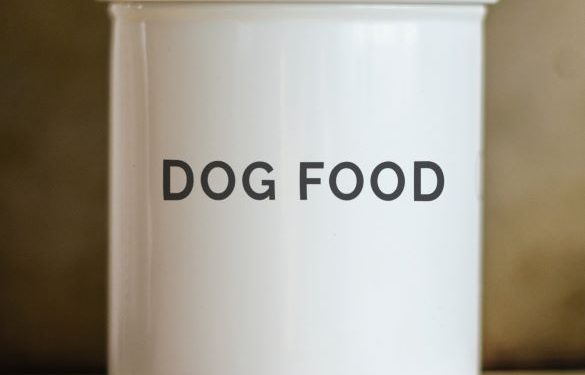Bringing a new furry friend into your home is an exciting and fulfilling experience. As a responsible pet owner, it’s crucial to prioritize your dog’s nutrition to ensure a healthy and happy life. Selecting the right dog food is a critical decision that can significantly impact your pet’s well-being. With countless options available on the market, it’s important to be well-informed about what to look for when choosing the ideal diet for your canine companion. In this blog post, we will guide new pet owners through the essential factors to consider when selecting dog food.
- Understanding Nutritional Needs: Just like humans, dogs require a well-balanced diet to thrive. Familiarize yourself with the basic nutritional needs of dogs, which include protein, carbohydrates, fats, vitamins, and minerals. Look for dog food brands that provide these essential nutrients in appropriate proportions, as indicated by reputable regulatory bodies like the Association of American Feed Control Officials (AAFCO).
- High-Quality Protein Sources: Protein is a vital component of your dog’s diet as it supports muscle development and overall health. Ensure that the dog food you choose lists a high-quality source of protein, such as chicken, beef, fish, or lamb, as the primary ingredient. Avoid products that contain unnamed meat by-products or fillers as they offer limited nutritional value.
- Appropriate Carbohydrates: Carbohydrates provide energy for your dog’s daily activities. Look for dog foods that include whole grains like brown rice, oats, or quinoa, as these are more easily digestible and offer superior nutritional value compared to fillers like corn or wheat.
- Essential Fats: Fats are crucial for maintaining healthy skin and coat, as well as aiding in nutrient absorption. Choose dog food that contains quality sources of fat, such as chicken fat or fish oil. Omega-3 and Omega-6 fatty acids are particularly beneficial for your dog’s skin and coat health.
- Avoid Artificial Additives: Artificial additives, such as colors, flavors, and preservatives, can be harmful to your dog’s health. Opt for dog food that uses natural preservatives like vitamin E (tocopherol) or rosemary extract. Avoid foods with excessive artificial additives, as they may contribute to allergies or other health issues.
- Breed and Size Considerations: Different dog breeds and sizes have varying nutritional requirements. Large breed puppies, for example, require specific formulas to support proper bone and joint development. Consult with your veterinarian to determine the best diet for your specific dog’s needs.
- Read Ingredient Labels: Take the time to read and understand the ingredient labels on dog food packaging. Ingredients are listed in descending order by weight, so the first few ingredients hold the most significance. Look for specific meat sources rather than generic terms like “meat” or “animal by-products.”
- Consider Special Dietary Needs: If your dog has specific dietary needs due to allergies, sensitivities, or health conditions, consult your veterinarian for guidance. Some dogs may benefit from limited ingredient diets or specialized formulas designed to address certain health concerns.
Choosing the right dog food is a vital step in providing optimal nutrition for your furry companion. By understanding your dog’s nutritional needs, focusing on high-quality ingredients, and avoiding artificial additives, you can make an informed decision. Remember to consider your dog’s breed, size, and any special dietary requirements to ensure their overall well-being. A healthy and balanced diet will contribute to your dog’s vitality, longevity, and happiness for years to come.









